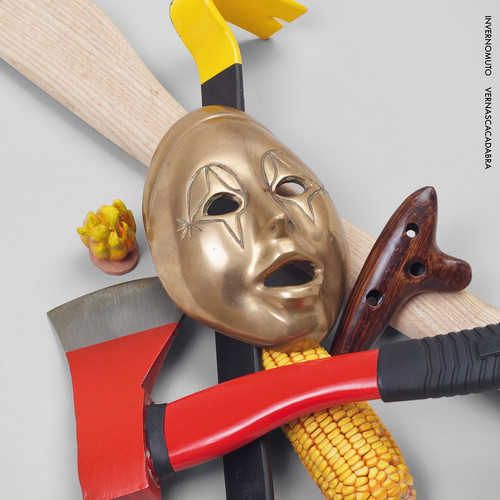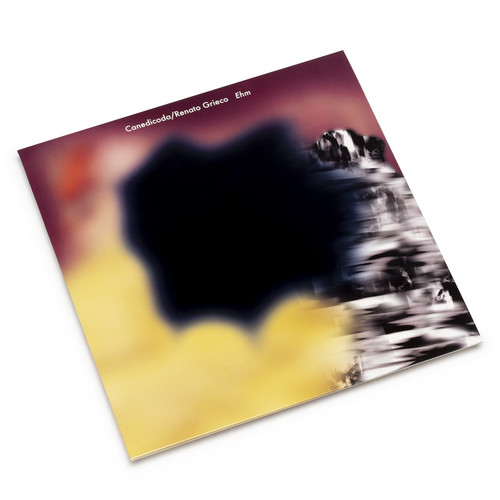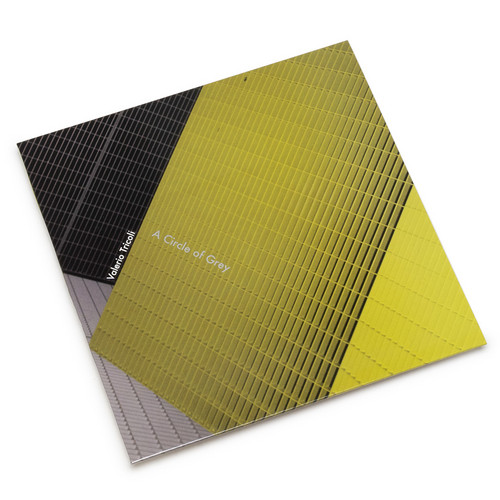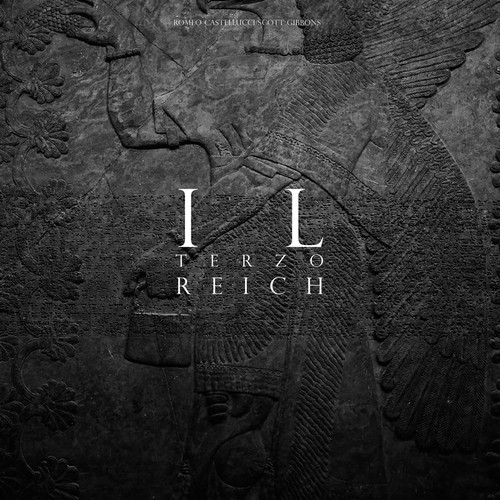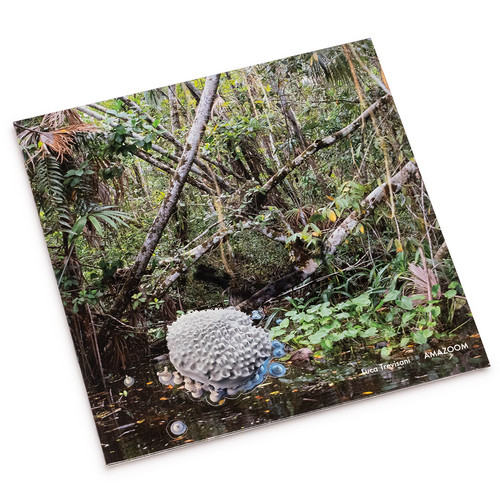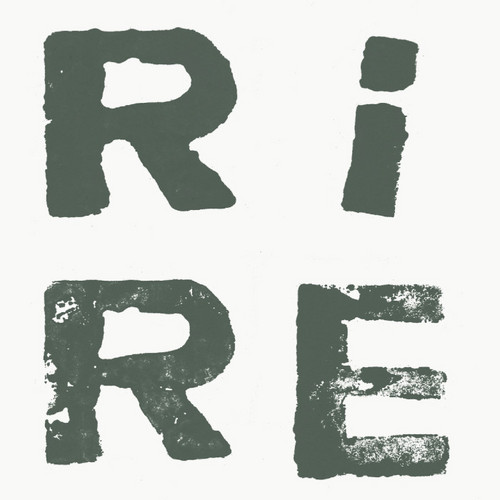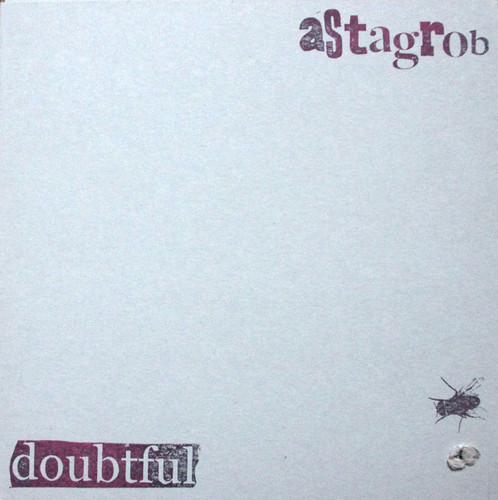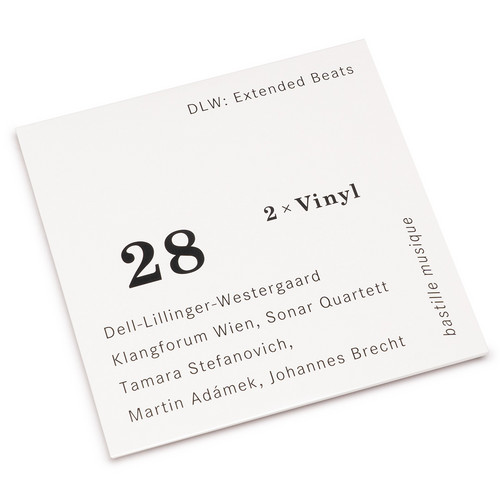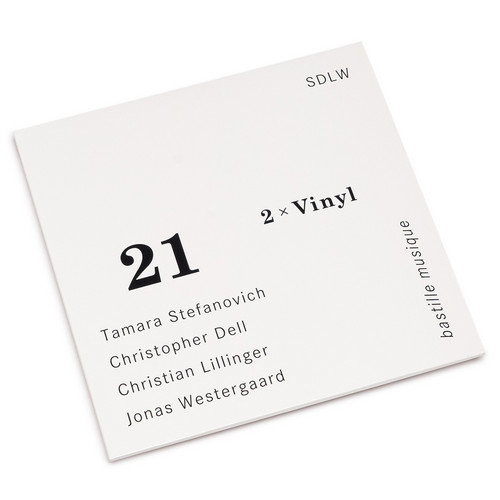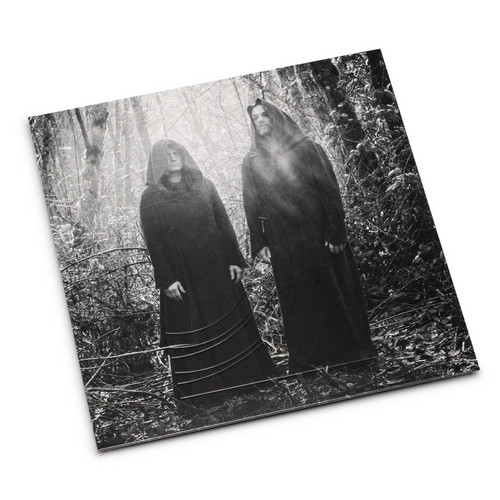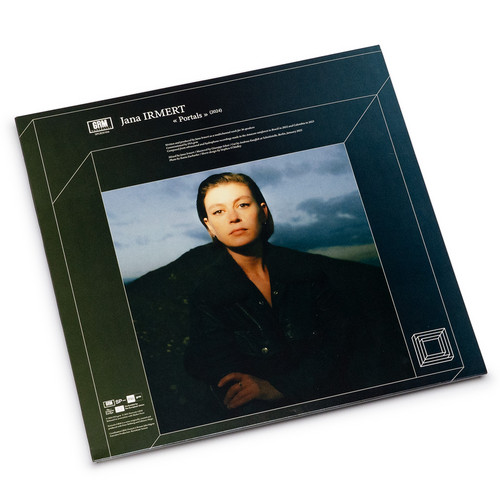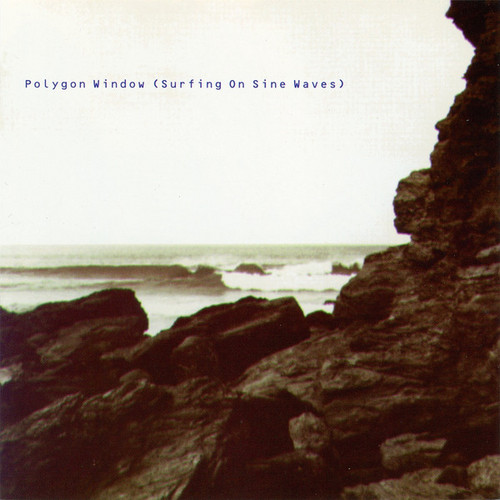Back in stock
Thousand Year Dreaming-Floating World
Thousand Year Dreaming (1990) was commissioned by Essential Music and was written with the musicians on this recording, their particular strengths and inclinations, very much in mind. It grew out of an improvisatory piece, Nautilus, which Art Baron, Scott Robinson and Annea Lockwood realised in 1989. They found that the sound of conch shell trumpets, didjeridu and frame drums really flowered in the resonant spaces they were using for the piece. Lockwood started imagining the sonorities possible …
No mo
"In the summer of 1966 I worked in the classical Electronic Music Studio at the University of Toronto for six weeks. The system I used to create No Mo and Something Else consisted of Layfette tone generators, noise source and tape delay. In the Fall of 1966 I was the newly appointed director of the Mills Tape Music Center formerly the San Francisco Tape Music Center and now the Center for Contemporary Music at Mills College. Bog Road was created at the Mills Tape Music Center in the Summer of 19…
1939
This release reissues Robert Rutman's Pogus Lp (P201-1) and includes an additional track. Rutman (b. 1930) has been building and performing on his homemade metallic instruments for many years. This recording features his buzz chime, steel cello, and bow chime, along with tabla, Tibetan horn, and Rutman's vocal chants. Rutman caresses the metal, drawing out eerie drones and overtones that buzz and trumpet. The music in turn can be as fragile as glass or reach the depths of resonance, as if one ha…
Lucier & Bach: Sitting In A Room
2024 stock bastille musique presents its seventeenth release »Lucier & Bach: Sitting in a Room« featuring Hanna Herfurtner (soprano, voice), Clara Blessing (oboe), Joosten Ellée (violin), Linda Mantcheva (violoncello) and Elina Albach (harpsichord, organ). The album combines Alvin Lucier’s sound art piece I am sitting in a room with arias by Johann Sebastian Bach (from BWV 61, 1, 58, 199, 57, 36, 248, 68). Recorded in co-production with Deutschlandfunk, the set also includes a 48-page bilingual …
Pierre Boulez: Éclat-Multiples
Éclat-Multiples unmasks Pierre Boulez’s music at its most mercurial and sensorial. Michael Wendeberg leads Collegium Novum Zürich and Ensemble Contrechamps through shifting prismatic textures, capturing Boulez’s fascination with timbre, spatial construction, and the suspended motion of silence and sound. Each gesture is meticulously contoured, reinforcing the line between energetic outburst and architectural poise.
Heliogram
*125 copies limited edition* Heliogram is a limited edition book/flexi disc that combines field recordings made by Robin Watkins and a series of risograph prints by Nina Canell. In their own way, they examine the ecological effects of static electricity by exploiting a field where different energy signatures intertwine. For this project, Robin Watkins used a portable device to modulate energy within the audible range, capturing a stream of humming harmonics in real time. Locating low-frequency a…
New Music
200 copies, black vinyl. A meeting of two uncompromising sound artists, Carlos Giffoni and Joachim Nordwall, New Music fuses pulsating electronic rhythms, immersive drones, and abstract textures into a vivid, physical listening experience. Emerging from the outer edges of techno, noise, and electro-acoustic composition, both artists channel their distinct sonic vocabularies into a shared space of tension and transformation. Giffoni's deep synth drones collide with Nordwall's ritualistic sense of…
Eyry]
After decades of working at the margins of experimental electronic music, French composer Manon Anne Gillis returns with Eyry, her ninth solo album and a stunning testament to her unique approach to sound as a tactile, sensory experience. Released on Art Into Life as a limited edition of 300 vinyl copies (with download code), Eyry weaves together voice, breathing, words, and sounds using ingenious methodologies that have defined Gillis' practice since the 1980s.
Since her earliest works in the 1…
Vernascacadabra
Tip! *150 copies limited edition* Xing presents the new LP Vernascacadabra by Invernomuto, eighth release of XONG collection - artist records. The release is on white vinyl, in a limited numbered edition of 150 copies. The collector's edition consists of 10 copies, each accompanied by a jacquard blanket, with the original picture also used for the record cover.
Vernascacadabra is a series of compositions for ocarina as a part of an artistic journey through the history of music routes that Invern…
Ehm
Xing presents the new LP Ehm by Canedicoda and Renato Grieco, seventh release of XONG collection - artist records.
A Circle of Grey
Super tip! *150 copies limited edition* Xing presents the new LP A Circle of Grey by Valerio Tricoli, eleventh release of Xong collection - artist records. The release is on white vinyl, in a limited numbered edition of 150 copies. The collector's edition consists of 20 copies accompanied by a unique cassette tape loop, titled and signed by the artist: 20 short compositions, each developed from a different sonic fragment of the record.
A Circle of Grey is an electroacoustic composition blending …
Il Terzo Reich
** Edition of 400 copies ** Xing presents the artist record Il Terzo Reich by Romeo Castellucci and Scott Gibbons, fourth release in the XONG series, accompanied by an insert that collects on a long strip of black paper an extract from the flow of words screened in the homonymous stage work.
Il Terzo Reich is the image and sound of an inculcated communication. The nouns of the Italian language flash on a black screen, about fourteen thousand words. Here, a language-machine devours entire spheres…
Amazoom
Huge Tip! Xing presents the first LP by Luca Trevisani, AMAZOOM, sixteenth release of XONG collection - artist records. The release is on white vinyl, in a limited and numbered edition of 150 copies, including a collector's edition of 30 copies, each accompanied with an artist's multiple: a sculpture inspired by the seeds of Parartocarpus venenosa from the Amazon jungle, used by monkeys as combs and now objects to be mounted on the turntable while listening. The edition contains a text/score by …
Rire / Laugh / Lachen
300 copies The record Rire, Ridere, Laugh, Lachen comes from the homonymous piece about laughing as laughing of the Berlin artist Antonia Baehr. In front of a score and with her hands on the turntable, Baehr explores this expression as a sovereign entity, in separation from causal baggage; jokes, tickles, narrative, humor, joy, looking at the thing itself: the sound and shape, the music, choreography and drama, the rhythm and the gesture of laughter. For the listener, contamination is an unavoi…
Oeil Céleste
Limited to 200 numbered copies. Including a postal card by Astatine. This record is the result of a collaboration between Astatine aka Stéphane Récrosio, head of the Orgasm label since 1994 (Orgasm RIP in 2016, but Stéphane start a new label : Fissile) and Ogrob aka Sébastien Borgo, member of Micro_pénis and L’Autopsie A Révélé Que La Mort Etait Due A L’Autopsie. 6 compositions, created in 2014, mixing Astatine’s noise experimentations in Paris and Ogrob’s field recordings and short waves in Tas…
DLW: Extended Beats
bastille musique presents its twenty-eighth release »DLW: Extended Beats« featuring world premiere recordings by Dell-Lillinger-Westergaard, Klangforum Wien, Sonar Quartett, Tamara Stefanovich (piano), Martin Adámek (clarinets) and Johannes Brecht (electronics). Together with the guests, Dell-Lillinger-Westergaard extend their beats in terms of co-composition and form as well as instrumentation. In addition to the recordings produced at the Paul-Robeson-Studio, the set also contains a 48-page bi…
Stefanovich, Dell, Lillinger, Westergaard: SDLW
*2025 stock* bastille musique presents its twenty-first release »Stefanovich, Dell, Lillinger, Westergaard: SDLW« featuring world premiere recordings by Tamara Stefanovich (piano), Christopher Dell (vibraphone), Christian Lillinger (drums, percussion) and Jonas Westergaard (double bass). Produced at the Teldex Studio Berlin, the album documents the collaboration between Dell-Lillinger-Westergaard and Tamara Stefanovich for the first time.
Eternity's Pillars B/W Raise The Chalice & Reverential
Eternity’s Pillars b/w Raise the Chalice & Reverential consists of three brand new tracks created and performed by the iconic duo of Stephen O’Malley and Greg Anderson and co-produced by sunn O))) and Brad Wood. Brad Wood recorded the material at Bear Creek Studios in Woodinville and Sea Grass in Los Angeles in 2025. The tracks on this maxi 12” are the first official sunn O))) studio recordings to feature only the original core duo on heavily saturated electric guitars and synthesis. sunn O))) g…
Portals/Rope
Jana Irmert Portals: Produced entirely from sounds recorded in the Amazon rainforest in Brazil and Colombia, Portals evokes the hidden world of sounds that lie beyond our perception. Whether concealed in ultra-sonic frequency registers or in the depths of the aquatic medium, these sounds bear witness to an unsuspected and teeming animal activity. Insects, frogs, bats and freshwater dolphins move about, hiding from our eyes and ears. Revealing this palette of sounds, in particular through transpo…
Surfing On Sine Waves
Originally released in 1993, Surfing On Sine Waves is the second album released under the Warp Artificial Intelligence series (the series also includes the two titular compilations, as well as contributions by Autechre, The Black Dog, F.U.S.E. and more).
Surfing On Sine Waves is also the sole album released under Richard D. James’ (aka Aphex Twin’s) Polygon Window alias. The name “Polygon Window” originally appeared as a track name under Richard D. James’ other pseudonym The Dice Man, as the tra…
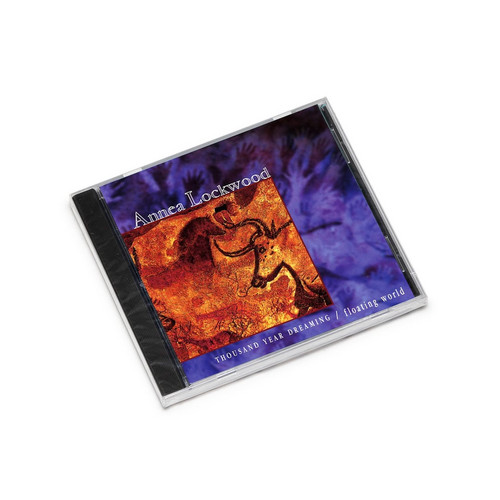
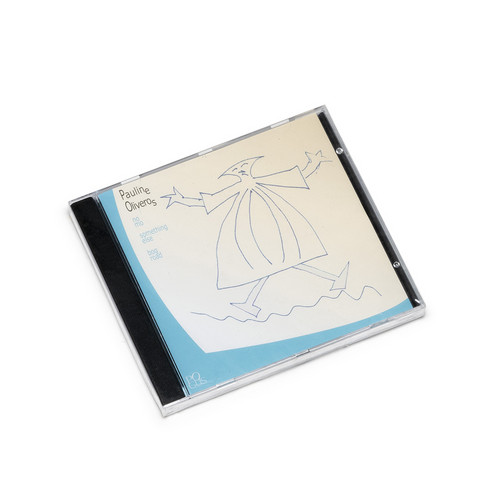
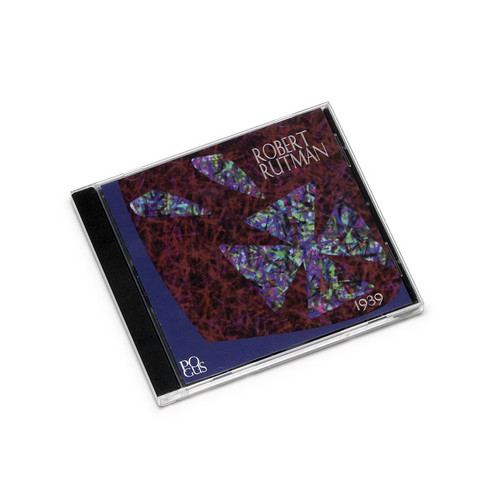
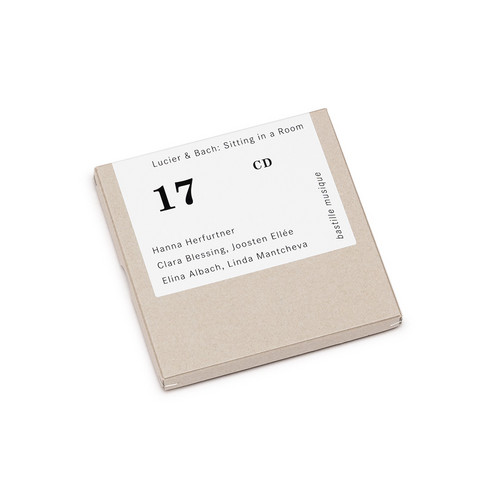
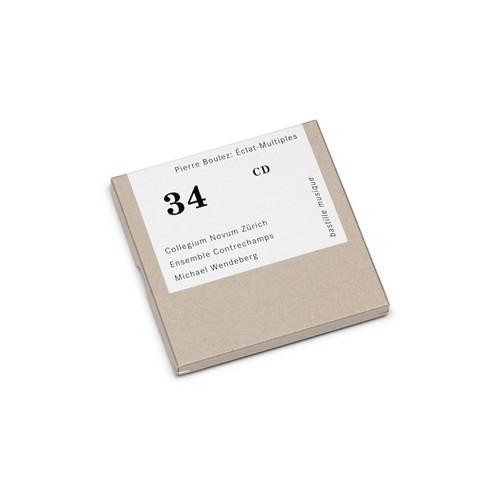
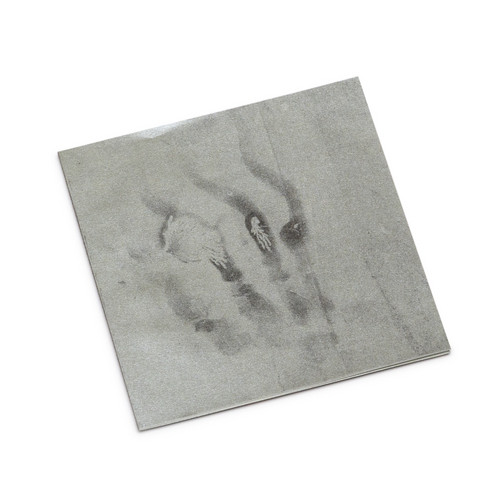
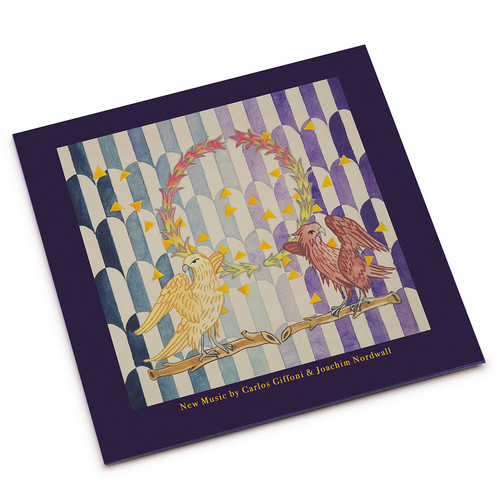
![Eyry]](https://cdn.soundohm.com/data/products/2025-12/Gillis_Eyry_LP_01-jpg.jpg.500.jpg)
